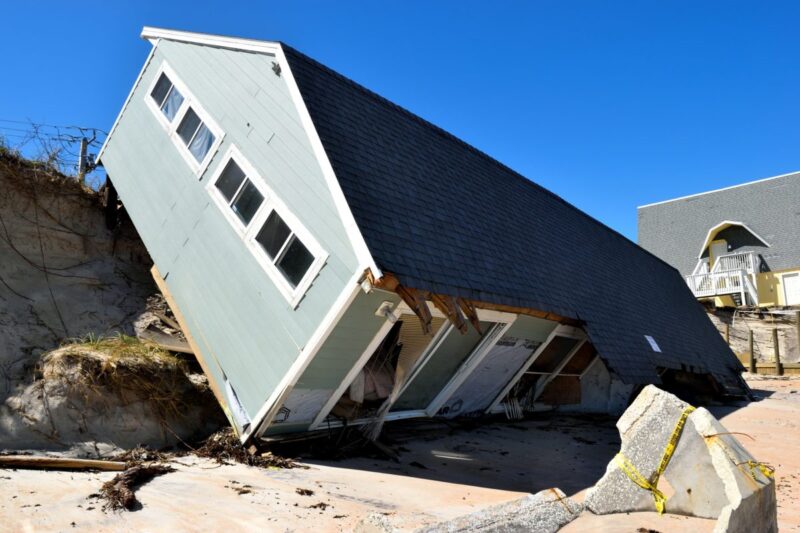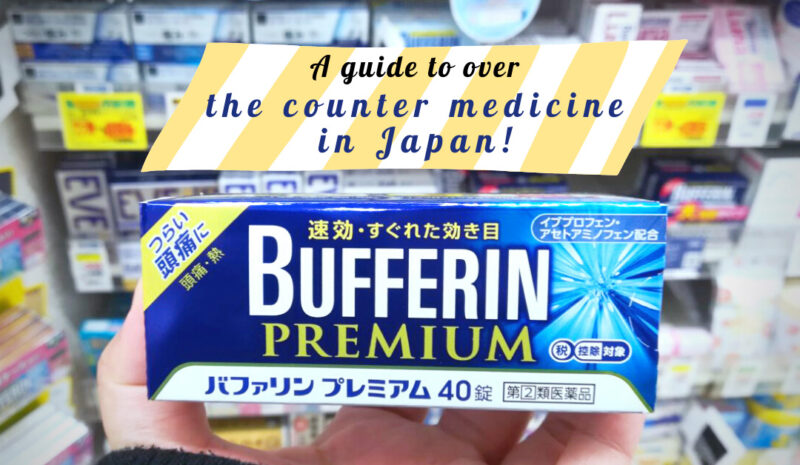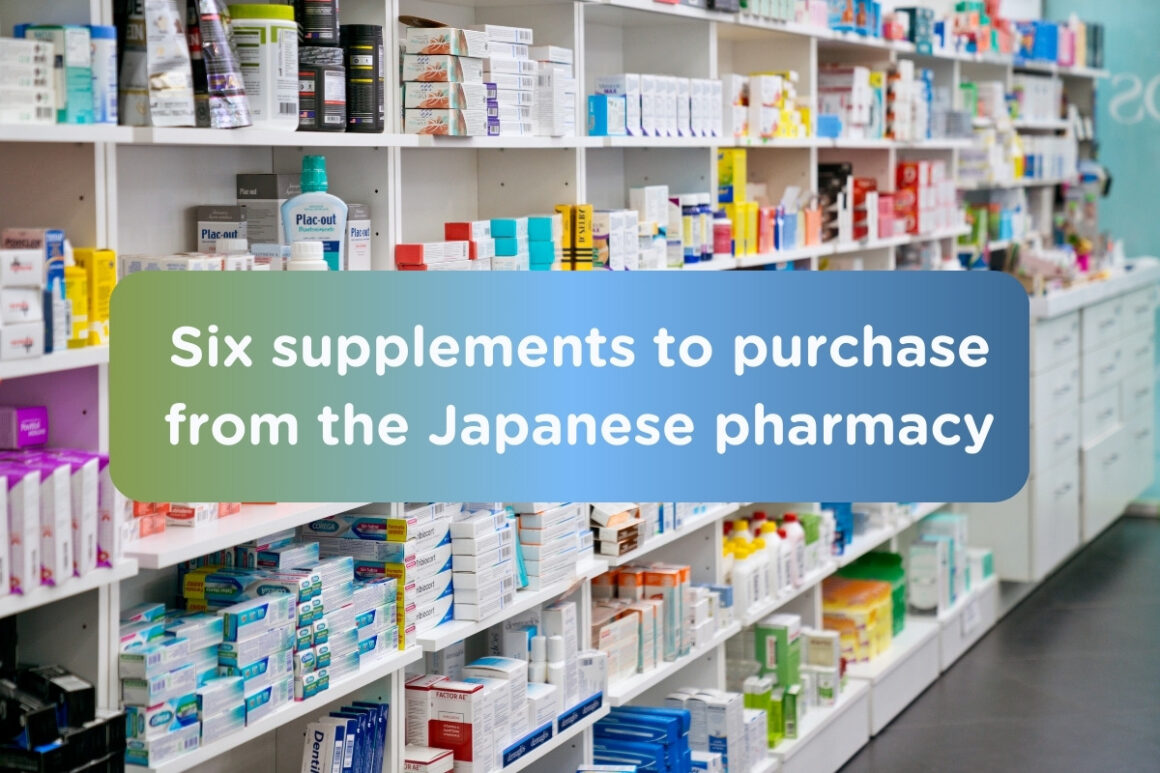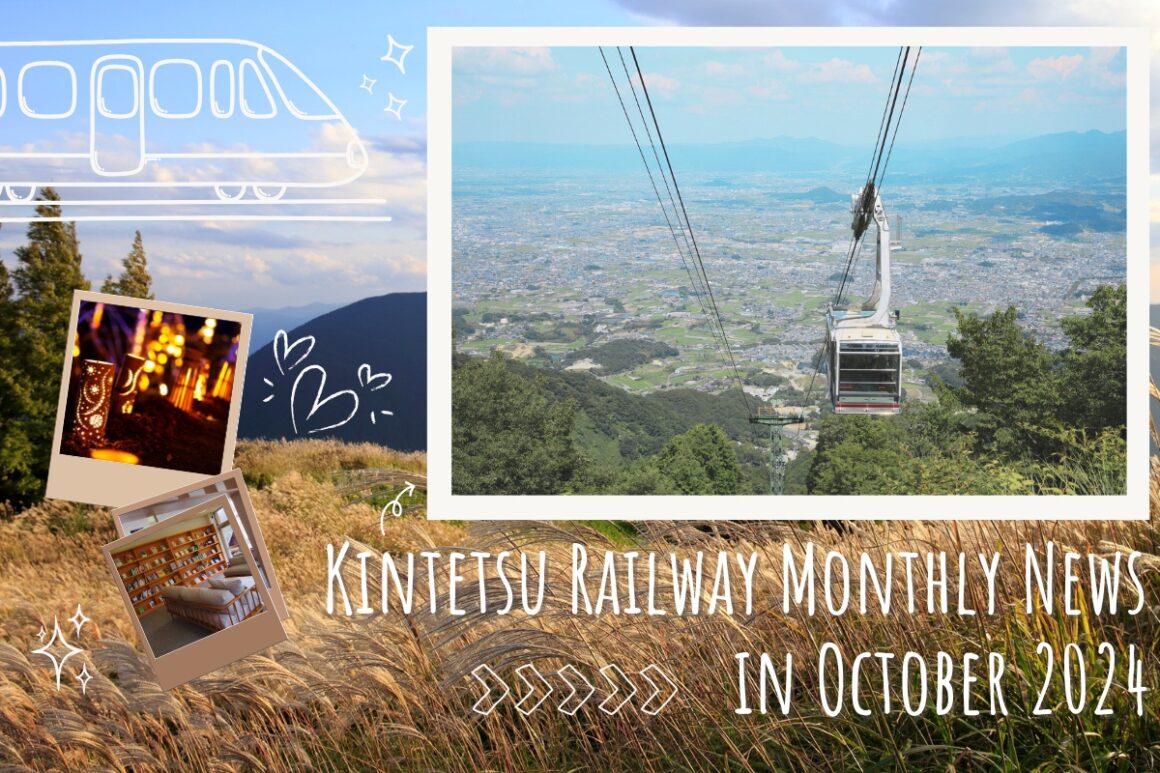Surviving natural disasters while traveling in Japan
May 26, 2020

It’s not a secret anymore that Japan is prone to many natural disasters.
The country has been attacked by several huge earthquakes, tsunami, and typhoons for several decades, but it still attracts millions tourists from all over the world.
Traveling around Japan is fun, but surviving natural disasters while you’re in Japan can be tough if you don’t know which precautions to take.
Today we introduce some tips you can follow just in case natural disasters happen while you’re in Japan.
Earthquake

Below are the precautions to take when earthquake happens:
- Ask about the evacuation space to the hotel or the airbnb host before your departure. The sport fields of public schools or public parks are usually used as evacuation areas.
- Never use the elevator during an earthquake. You’ll be trapped inside it for several hours, as its emergency stop will activate.
- Evacuate children, the elderly, and injured / disabled people first. Children tend to panic and cry during earthquake, so talk about natural disasters to your kids in advance before your departure.
- Stay away from windows and doors at all cost.
- Cover yourself under the furniture if you’re indoors. Hiding under tables or desks is the best action to take when earthquake happens.
- Don’t evacuate yourself until the earthquake ends completely.
- Don’t panic if you’re on the trains when the earthquake happens. The trains and subways stop when the earthquake happens, and this is a form of safety measure.
- Don’t panic! Avoid running, pushing, and screaming. We know that earthquakes are scary, but panicking can be more dangerous to you. If you don’t know what to do, look around and follow how the Japanese handle the earthquakes.
- Check for tsunami warning if you are in a coastal area, because an earthquake usually triggers a tsunami.
Tsunami

Below are the precautions to take when tsunami happens:
- Check for a tsunami warning if you’re in a coastal area and an earthquake happens.
- Find a higher ground if your location is at risk for tsunami.
- Most coastal areas in Japan have seawalls, which act as a barrier against tsunami. The seawalls usually work effectively against the tsunami, but make sure to stay away from them as far as you can, as there are possibilities for the water to spill over the top of the seawalls if the wave is too big.
- Only take small valuable items with you like wallet, smartphones, and passport during evacuation. Do not take large luggage with you as it will be a burden during evacuation.
Typhoon

Below are the precautions to take when typhoon happens:
- Use Google to find information related to the typhoon. Stay up-to-date with the typhoon tracking. Most information is available in English.
- If the typhoon is approaching before your departure, contact the airline company to change your reservations.
- Stay inside when a typhoon happens. Most transportation is not available during typhoons. Subways still operate during typhoon, but you might injure yourself while walking to the station.
- Stay away from the beaches.
- Don’t take pictures or videos of typhoon.
- Stay away from windows and the balcony.
- Store some food before the typhoon hits.
- Check the emergency evacuation routes. This information is extremely important for those staying along the seaside.
- Beware of flooding (we’ll talk about it later)!
Flooding

Typhoon can trigger flooding, and below are the precautions to take when flooding happens:
- Do not drive through floods. It’s harder to control your vehicle in the water, and rising water can get inside your car and cause damage to the machine.
- Floods are usually the result of a typhoon, heavy rainfall, or a tsunami, so they happen without warning. If you know a typhoon is hitting Japan, stock up some food and water in advance, keep important documents into a sealed and waterproof bag, and stay on the upper level of the building.
- Beware of landslides!






